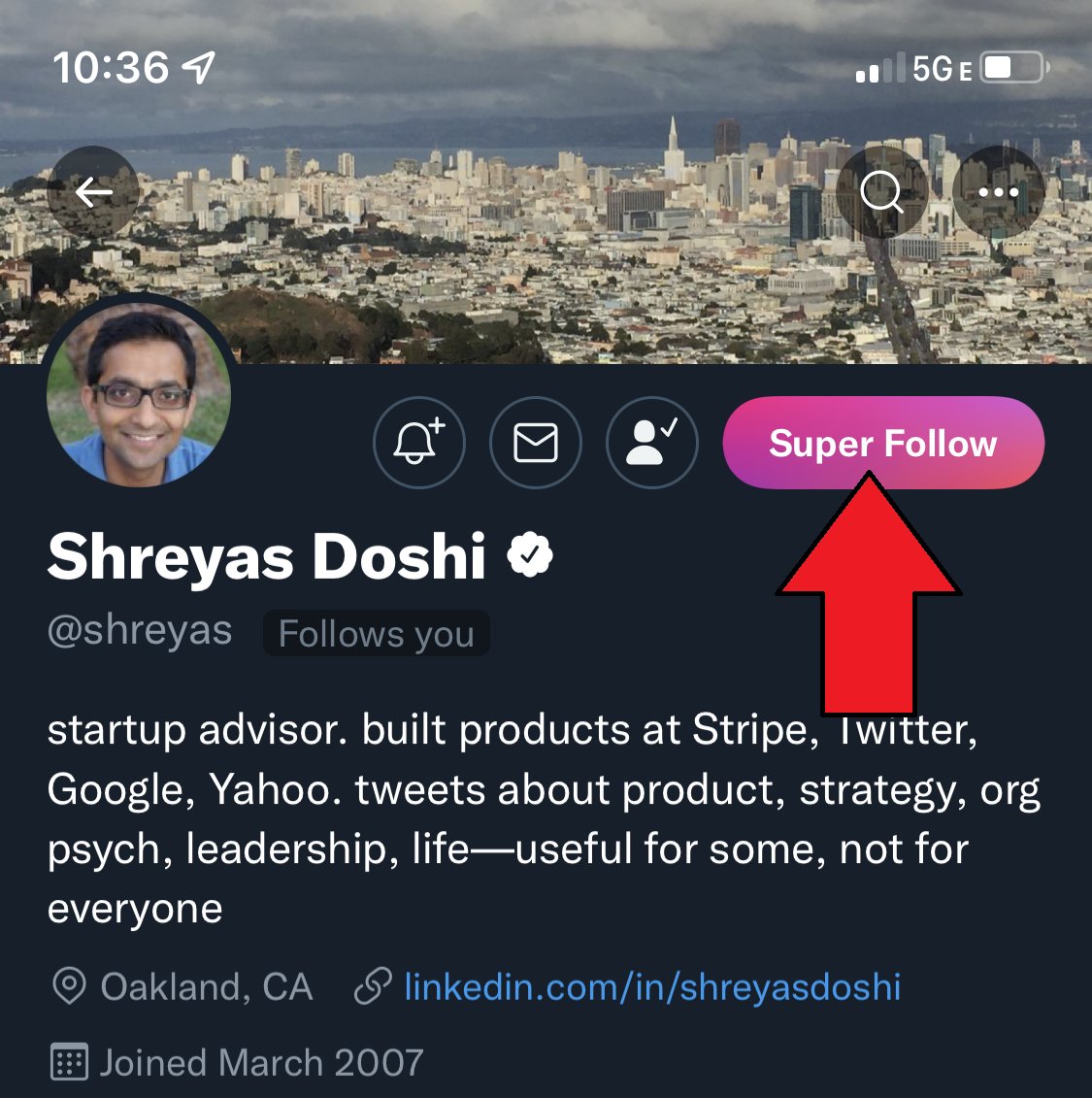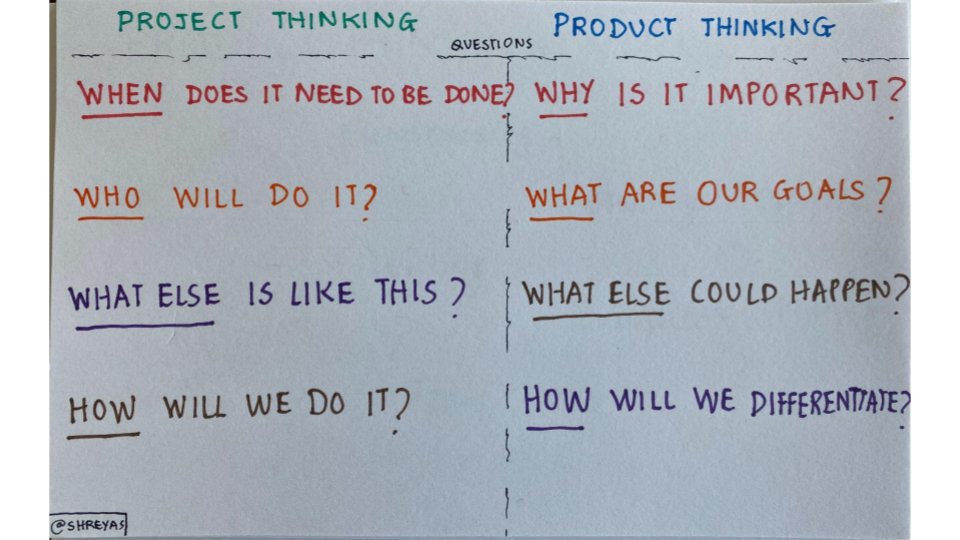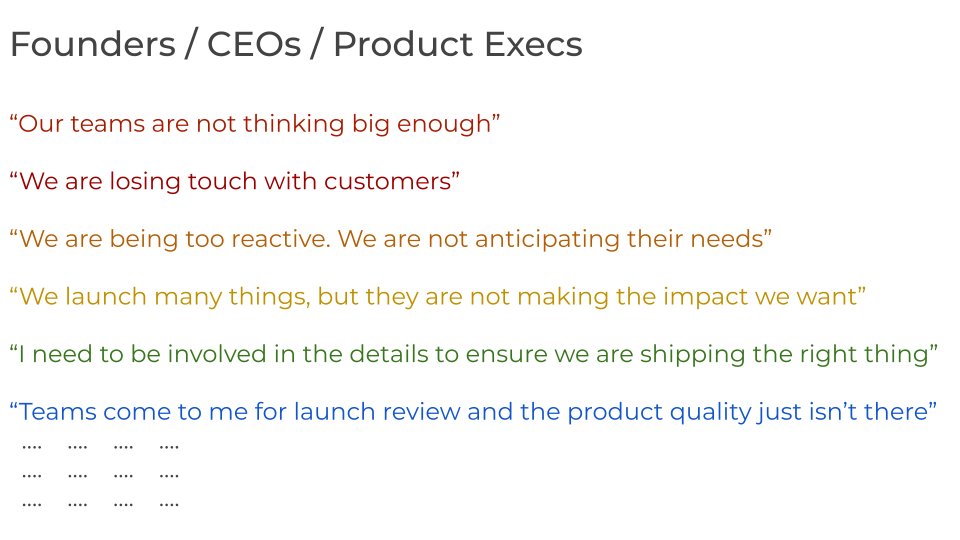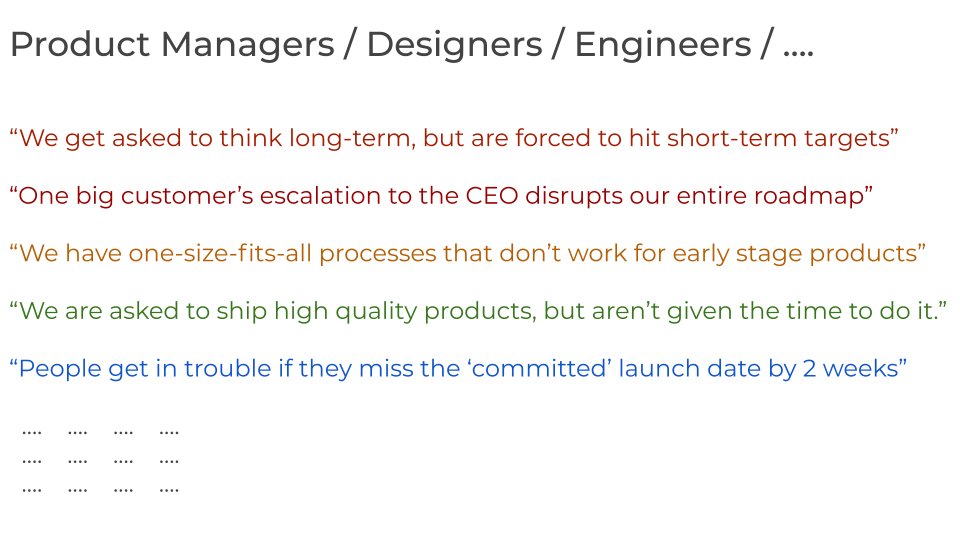
If you’re worried that a parent or an elderly loved one isn’t yet acting in proportion to the threat posed by COVID-19, then this thread might be for you:
Over the past 3 days, I’ve seen a number of tweets from people in my age group (and also talked to friends) who are filled with concern about their parents taking things too lightly w.r.t. COVID-19.
And speaking from personal experience, my mother (68) has been largely apathetic about this over the multiple conversations we’ve had since late-February.
That changed last night after a lengthy phone conversation, during which mom went from “mild interest” in COVID-19 to “proportionate concern” for it. What was different about this conversation?
It was mainly this:
I had intentionally prepared for this conversation, applying the principles of persuasion that we’ve often read about in books (and might even regularly practice at work).
I had intentionally prepared for this conversation, applying the principles of persuasion that we’ve often read about in books (and might even regularly practice at work).
I’m sharing the principles here (and concrete some tactics, including the *exact things to say*) with the hope that some of this can be useful for your situation too.
So, here goes:
So, here goes:
First, you need to understand what stage your parents are in with respect to their attitude towards COVID-19.
There are four main stages:
There are four main stages:
1. I don’t know much about COVID-19 [Ostrich effect]
2. I know about it, but it isn’t going to be all that bad [Normalcy bias]
3. I know it can be bad, but it won’t be bad for me [Lake Wobegon effect]
4. It could be bad for me, but I needn't over-react [Hyperbolic discounting]
2. I know about it, but it isn’t going to be all that bad [Normalcy bias]
3. I know it can be bad, but it won’t be bad for me [Lake Wobegon effect]
4. It could be bad for me, but I needn't over-react [Hyperbolic discounting]
My mom was in Stage 1.
The earlier the stage that your parents are in, the greater the likelihood that you’ll need to use the full repertoire of the persuasion principles below.
The earlier the stage that your parents are in, the greater the likelihood that you’ll need to use the full repertoire of the persuasion principles below.
Principle 1: Timing
Initiate the conversation at the right time of day, when their willpower and attention is likely to be higher. Also try to time it in close proximity with “big news” about COVID-19 (there’s a lot of it these days, so this shouldn’t be difficult to do).
Initiate the conversation at the right time of day, when their willpower and attention is likely to be higher. Also try to time it in close proximity with “big news” about COVID-19 (there’s a lot of it these days, so this shouldn’t be difficult to do).
Bonus: The “big news” gives you a good pretext to initiate the conversation. “Hey, did you hear about something that just came out…”
Principle 2: Vividness
You need to make the problem really vivid *for them*. Choose a combination of data, anecdotes, and visual aids to do this.
You need to make the problem really vivid *for them*. Choose a combination of data, anecdotes, and visual aids to do this.
By default we tend to use data (e.g. here’s the mortality rate, growth rate, etc.) but that doesn’t resonate for everyone. “A million deaths are a statistic but a single death is a tragedy” and all that...
So, give them a concrete example, ideally someone they can identify with (similar age group, in your or in their social network, from the city they grew up in, etc.) Literally *any* relationship you can draw to *them* will make the impact of your message much greater.
Talk (in detailed, vivid terms) about the toll that COVID-19 takes if one gets infected. Not just mortality, but also the likelihood of ICU admission (high for 60 and up), being placed on a ventilator, having to be treated on the sidewalk, the respiratory challenges, etc.
Principle 3: Scarcity
While Cialdini talks about this one in his seminal work on Influence in a different context, you can apply this at two-levels here:
While Cialdini talks about this one in his seminal work on Influence in a different context, you can apply this at two-levels here:
Level 1: If they trust “the system” and “authority” (i.e. the government will never let things get very bad) remind them that the medical system is going to collapse under the load very soon. (and already has in some developed nations)
And that means *they* definitely won’t be able to avail the medical care that they’ve been used to all their life. Scarcity is going to rule the day.
To further emphasize your point, you might say something like:
“It’s almost better if you got COVID-19 right now than getting it 4 weeks from now”.
(I did this with my mom. I realize that not everyone can say this to a parent, but also I’m pretty sure some of you can)
“It’s almost better if you got COVID-19 right now than getting it 4 weeks from now”.
(I did this with my mom. I realize that not everyone can say this to a parent, but also I’m pretty sure some of you can)
Level 2: Remind them (as the set-up for the next principle) that their time with you and (if applicable) with their grandchildren is scarce as it is.
“If you think this virus is stupid, do you really want this stupid virus to snatch these future moments away from you?”
“If you think this virus is stupid, do you really want this stupid virus to snatch these future moments away from you?”
Principle 4: Regret minimization
This is the granddaddy of all the principles to use for COVID-19 (or any situation that requires taking precautions against a threat that doesn’t yet seem proximate).
This is the granddaddy of all the principles to use for COVID-19 (or any situation that requires taking precautions against a threat that doesn’t yet seem proximate).
It goes like something this:
“Let me ask you this: In 1 year, what are you more likely to regret? Taking the precautions I’m recommending, or not taking the precautions and getting infected yourself / infecting others with COVID-19?”
“Let me ask you this: In 1 year, what are you more likely to regret? Taking the precautions I’m recommending, or not taking the precautions and getting infected yourself / infecting others with COVID-19?”
If it helps, also point out that this is how Jeff Bezos makes decisions (he likely doesn’t make all decisions this way, but the Halo effect can be powerful for some people so why not use it to your advantage?)
Principle 5: Peer approval
This is the last one, and for some parents, it is the one that’s most likely to get in the way of them taking action.
This is the last one, and for some parents, it is the one that’s most likely to get in the way of them taking action.
Most people (including your parents) don’t want to be viewed as doing something “weird”, something that risks ridicule or (in their mind) ostracization.
So you need to arm them with ways to explain / defend their “seemingly irrational” precautionary actions to their peer group
So you need to arm them with ways to explain / defend their “seemingly irrational” precautionary actions to their peer group
To do this, tell them:
“If your friends say that you’re over-reacting, acknowledge that they’re probably right. It’s just that your son/daughter is being irrationally cautious and will be really upset if you don’t socially distance for now. You’re just doing this for him/her.”
“If your friends say that you’re over-reacting, acknowledge that they’re probably right. It’s just that your son/daughter is being irrationally cautious and will be really upset if you don’t socially distance for now. You’re just doing this for him/her.”
Related, use the Authority bias to your advantage.
Do they or their friends admire @BarackObama?
Tell them this is what he’s saying:
Do they or their friends admire @BarackObama?
Tell them this is what he’s saying:
https://twitter.com/BarackObama/status/1239267360739074048
Do they or their friends admire @realDonaldTrump?
Tell them this is what he’s saying:
Tell them this is what he’s saying:
https://twitter.com/realDonaldTrump/status/1238824050924883968
So that's it with the 5 principles: Timing, Vividness, Scarcity, Regret minimization, and Peer approval.
This is one of the most important conversations that some of us will have with our parents, so be sure you show up prepared and full of empathy.
This is one of the most important conversations that some of us will have with our parents, so be sure you show up prepared and full of empathy.
It’s quite scary already and it’s going to get much worse in some parts of the world, like the United States.
Stay safe, stay healthy, and share your love with near and dear ones.
Stay safe, stay healthy, and share your love with near and dear ones.
• • •
Missing some Tweet in this thread? You can try to
force a refresh










